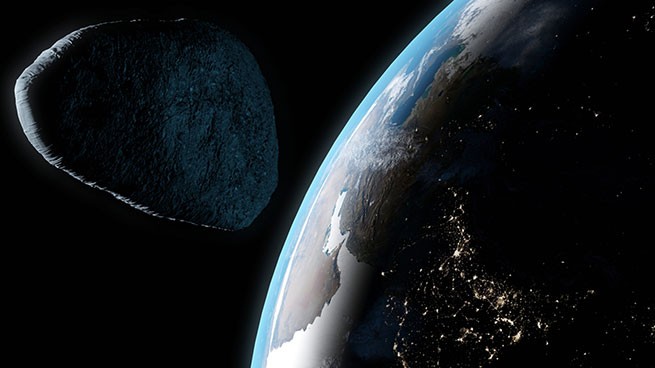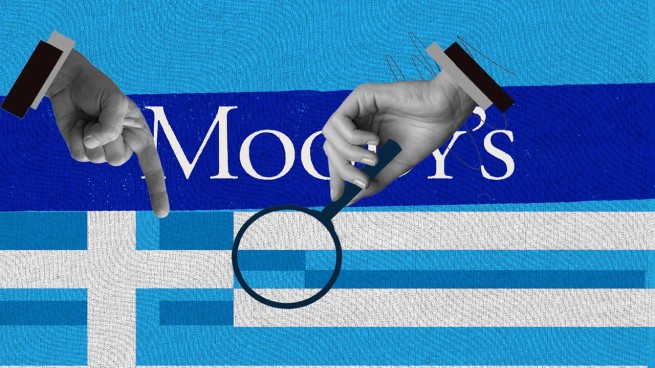YouTube's new “competitor” “Platforma” has already turned on censorship at the start. The clone of the video hosting service removes “incorrect” videos about the war and promotes “necessary” videos.
The “platform” was presented in the Russian Federation as a “YouTube killer”; it removes opposition videos and blocks them in searches. I was convinced correspondent for the Telegram channel “We Can Explain”. The site's content is not much different from the standard content on federal TV.
https://t.me/mozhemobyasnit/18387
The Platforma moderators blocked, for example, the video about Bucha and restricted access to the investigation about the presidential palace. The MO correspondent uploaded several videos to the hosting, including the film “Tragedy in Bucha” by the Current Time TV channel and the Navalny team's investigation “A Palace for Putin. The Story of the Biggest Bribe.” The film about Bucha was blocked by the moderators a few days after it was uploaded. And the video about the palace was given an age restriction, and now it cannot be found in the Platforma search engine.
For new users, “Platforma” offers the following videos: recordings of Solovyov's show, reports from the Ministry of Defense, news from federal TV channels. By the word “Bucha” the hosting gives out recordings with the Kremlin's version of events, and by the last name “Navalny” – videos from “experts”.
The Platform was developed by a company associated with RT. The site's imprint states that its administrator is OOO RTIM. The owner of this company is ANO TV-Novosti (the legal entity of the Russia Today TV channel). The Platform's interface is a complete copy of YouTube, but the number of video views on this site is in the dozens.
This is not the first attempt to create an alternative to YouTube in the Russian Federation; the previous ones failed. RuTube has not become popular in 18 years, its loss in 2021 amounted to 2.7 billion rubles. Big money is pouring into VK-Video, but the service is unstable and freezes outside the Russian Federation.
Meanwhile, Rostelecom announced a possible slowdown in YouTube in Russia. Experts explain that Google has no income from advertising in the Russian Federation since 2022. Russians “under sanctions” watch YouTube absolutely “free of charge”. Only channels suffered, to which Google now does not pay for videos viewed from the Russian Federation, nothing.
Due to its own limitations, maintaining servers in Russia has become a burden for Google. They are not interested in the Russian market at all, as it only brings losses. Google does not want to maintain the infrastructure in working order, but for now it does so so as not to deprive Russians of information. Everything will collapse.
And yes, YouTube will slow down or even shut down without any help from the Russian authorities. Russia is ready to help bring down YouTube at any moment, as well as “blame” everything on Google. According to rumors, a complete shutdown is planned for September.
Meanwhile, in the State Duma they declare about the forced measure and condemn YouTube's policy: “Without realizing it, it's shooting itself in the foot.” Alexander Khinshtein, head of the State Duma Committee on Information Policy, said in his Telegram channel that YouTube, by blocking Russian media channels, is forcing the Russian Federation to build its own infrastructure. According to him, the need for a “censored video hosting service” will disappear on its own. According to Khinshtein, since 2020, YouTube has blocked more than 200 channels of Russian media outlets and figures:
“The actions of the video hosting service can only be called censorship. YouTube methodically burns out the point of view that is undesirable to its patrons, using the platform as a weapon in the information war with Russia… With its blocking, YouTube, without realizing it, shoots itself in the foot. It literally forces us to build our own infrastructure, in which the need for the services of a censored video hosting service will simply disappear.”
Khinshtein noted that an example of this is the growth of the IT industry after the introduction of sanctions:
“Judging by the trend, the pace of blocking will only increase, so I suggest that users start considering and mastering alternative domestic platforms, so as not to be left with nothing overnight.”
Earlier, Deputy Chairman of the State Duma Committee on Information Policy Anton Gorelkin said that the scenario of slowing down YouTube video hosting traffic is more realistic than blocking it completely. In this case, domestic alternatives get a certain advantage. In May, Gorelkin already said that YouTube would be blocked in the Russian Federation as soon as a “normal alternative” appears.







More Stories
Hammer attack at Chelyabinsk school (video)
The largest consumer of Russian gas refuses it from 2025
CIA: Ukraine is the leader in mortality and last in birth rate